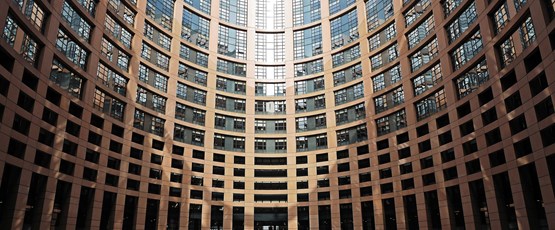Jurisdictions
- Bermuda
- Guernsey
- Bahamas
- Barbados
- Seychelles
- Liechtenstein
- Singapore
- British Virgin Islands
- Hong Kong
- Luxembourg
- Antigua
- Switzerland
- Cayman Islands
- Nevis
- New Zealand
- Belize
- Netherlands
- Ireland
- United Kingdom
- United Arab Emirates
- Mauritius
- Jersey
- Labuan
- Rwanda
- Gibraltar
- Marshall Islands
- Samoa
- Panama
- St Vincent & The Grenadines
- Austria
- Madeira
Industry Sectors
- Hedge Funds and Alternative Investments
- Citizenship and Residency
- International Tax Planning
- Islamic Finance
- Fintech
- Insurance/Reinsurance
- Investment Funds
- Trusts And Foundations
- Private Banking
- Wealth Management
- Philanthropy
- Offshore Securities Markets
- Sustainable Finance
- Family Offices
- Arbitration
- Regulation and Policy
- Comment
- Big Debate
- In the Chair
- Global Regulation & Policy
- Features
- Sector Research
- Jurisdictions
- British Virgin Islands
- Cayman Islands
- Belize
- Bahamas
- Guernsey
- Switzerland
- Bermuda
- Barbados
- Singapore
- Hong Kong
- Luxembourg
- Labuan
- Jersey
- United Arab Emirates
- Ireland
- New Zealand
- Netherlands
- Liechtenstein
- Mauritius
- Antigua
- Rwanda
- Austria
- Seychelles
- Anguilla
- Samoa
- Marshall Islands
- Gibraltar
- Nevis
- United Kingdom
- North America
- Canada
- Asia
- Africa
- Latin America
- Australasia
- Europe
- Industry Sectors
- Hedge Funds and Alternative Investments
- Citizenship and Residency
- International Tax Planning
- Islamic Finance
- Fintech
- Insurance/Reinsurance
- Investment Funds
- Trusts And Foundations
- Private Banking
- Wealth Management
- Philanthropy
- Offshore Securities Markets
- Sustainable Finance
- Family Offices
- Arbitration
- Regulation and Policy
17/06/20
From Features
Caribbean IFCs and Economic Substance

As the EU continues its crusade to curb “harmful tax practices”, we examine the latest developments in Economic Substance.
An Archipelago of Contrasts
Blacklists, Caribbean Autonomy and the New Tax Colonialism

Jakub A. Bartoszewski
Texas A&M University, College Station, TX, USA

Andrew Morriss
Bush School of Government & Public Service and School of Law, Texas A&M University, College Station, Texas, USA
Blacklists generally, and European blacklists in particular, are effectively discouraging the only successful development strategy in the Caribbean.
We label this effort to forcibly impose European policies the ‘New Tax Colonialism’. Many of the same European powers who once colonised the Caribbean and forced its societies into sugar plantation economies now seek to fiscally recolonise it, crippling the most effective way to achieve economic prosperity in the region.
Large economies find blacklists an attractive tool with which to coerce smaller ones to adopt the policies the big countries prefer. Not only does the Council of the EU have its “List of Noncooperative Jurisdictions” but there are also national lists maintained by multiple European states.
The Political Economy Of Tax Wars
Fighting The Blacklists

Dr Terry Dwyer
Dwyer Lawyers, Canberra, ACT, Australia
Money, we are told, is the sinews of war while treasure is often the object of war.
It is not, perhaps, polite to say so but the truth must be faced that the governments and people of international financial centres (IFCs), particularly those in the Caribbean region, are facing existential threats to their livelihoods. The EU has been lying to IFCs all along. No matter what IFCs do, it will never be enough for the EU till IFCs do not exist. For small island economies with primary production and tourism, including medical tourism, as the only obvious industries, offshore banking, and financial services, aided by the internet, have been a godsend – clean industry to complement tourism, diversify economic activity and raise wages.
Related Articles








